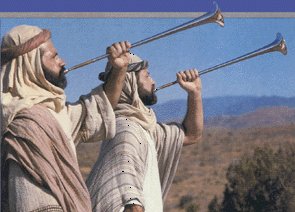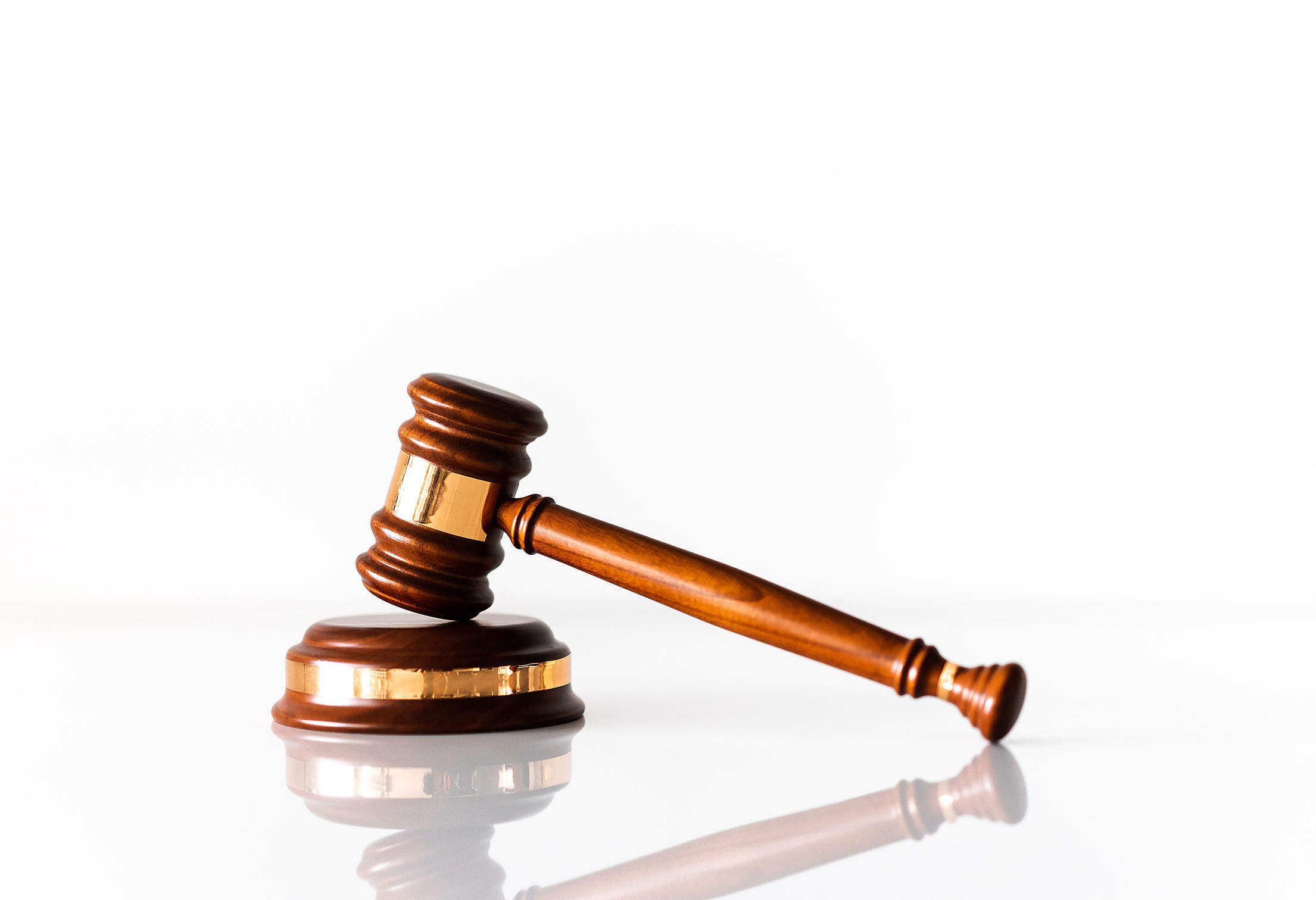Last week, I wrote about the Law of Moses and how it relates to the Higher Law that was later introduced by Jesus. As a follow-up, this week I'd like to analyze a modern-day "Law of Moses," which lends itself to great discussion.
As I mentioned before, sometimes "lower" laws are necessary when the people are not yet ready to accept higher ones. So, you may notice several of these today. What I share is specific to my church, but you are likely to see examples of it in your own church. And why is that? Because we people are imperfect. The religious leaders of Jesus' time felt the need to add to what was in the Law of Moses and make it more strict. Likewise today, you're likely to notice certain rules in your church that are not mentioned in the Bible -- such as no dancing, no drinking, celibacy, and so on. Some of these rules may be warranted, and others -- maybe not so much. In some cases, the causes for these rules may have long passed, and by tradition the strict rules remain in place.
In my church -- for as long as I could remember, trumpets were not allowed in our sacrament meetings (our normal Sunday worship services). As a trumpet player, myself, it was a source of sadness. I was unable to share my music through trumpet playing. The rule back then encompassed all brass and percussion, though I hear that occasionally French horns were allowed.
I believe the story is that a prominent leader was listening to music in sacrament meeting and the brass instruments were out of hand, so he had all brass banned throughout the entire Church. The idea -- as with all Laws of Moses -- was to protect us. It is definitely true that a poorly-played trumpet can chase away the Spirit much faster than a poorly-played piano.
But similar to what I described before, this decision disallowed a LOT of good music. It took away a portion of the Spirit that can only be brought by praiseful instruments such as trumpets and trombones.
What's ironic is that the very strict Law of Moses, itself, demanded the use of trumpets. Two silver trumpets were to be constructed (as pictured above), and were to have very solemn and sacred use.
And here is a Church-sponsored rendition of "He is Risen" for Easter in Temple Square a couple of years ago. I always found it ironic that the Church could have their own Spirit-filled concert, but we couldn't have the same in our own Sunday worship. (And believe me -- I know some wards that could pull off a smaller but just-as-effective rendition.)
I understand the desire of protecting us in our sacrament meetings: so we don't chase the Spirit away. But chasing away a large amount of good music has a big drawback as well. Several people I know have stopped going to my church in lieu of attending other denominations, simply because they felt MORE of the Spirit in the music of those other churches. In one of these cases, a lady was forbidden to perform in our church by a prominent leader, and a week later when she heard the Spirit in another church, she switched.
But then this past November -- I think it was November -- our church updated the music rules, and they removed ALL the instrument restrictions. It no longer mentions brass, percussion, etc. It only says that the instruments must play in a manner that invites the Spirit. By December, I was seeing several reports and even some pictures of brass instruments performing in sacrament meetings.
I can't even begin to describe the joy I felt. The Lower Law was replaced by a Higher Law, opening the floodgates to a whole segment of good music able to bring in higher levels of the Spirit.
I do know from one of the committee participants that "Law of Moses" and "Higher Law" were themes highly discussed. Also, the quote by Joseph Smith: "teach them correct principles and [let them] govern themselves." I like to think that I (and others) helped encourage and inspire some of these committee members in social media interactions. (Hee hee.)
There still remain what I believe to be needlessly strict rules governing our music, but this is one BIG step in the right direction. I'll take whatever joy I can. I must remember to start practicing and find a good piece to play with the Spirit for our sacrament meeting (it still remains a challenge).
I invite you to look at your own church and see if you can identify similar Laws of Moses. Is there a good reason for continuing to following those laws? Or is it time to bring in the Higher Law? You might just be able to help bring it to pass.






